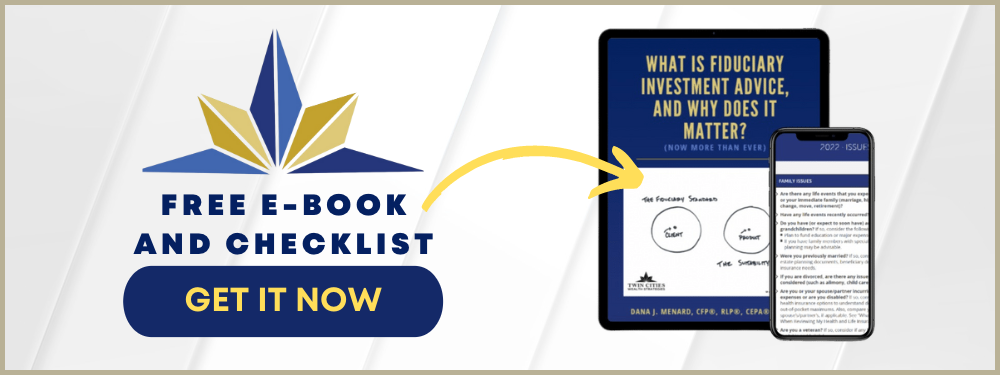Few things in the world are met with such universal despise as taxes. We’re taxed on the income we earn, on investments, on the products we buy and services we use, and even taxed when we pass away as a final shot across the financial bow from the IRS. Estate taxes, in particular, have a way of testing our collective resolve, often interpreted as an untimely and unsightly tax levy at the very moment when those we leave behind feel least like dealing with financial matters.
Much like the rest of our tax code, however, estate taxes are often misunderstood, simultaneously both better and worse than most people think. For that reason, clarifying some of the facts behind estate taxes – both good and bad – can go a long way in helping people better understand exactly what they are, how they work, and how you can best prepare for the inevitable.
You Might be Lowballing Estate Tax Rates
Although any taxation can rarely be considered pleasant to experience and even less pleasant to pay, estate taxes are especially reviled and, in many cases, for a good reason. Despite the different types of taxes we pay throughout our lives, estate taxes are amongst the highest between federal and state tax bureaus. In fact, depending on the size of your estate and the state that you live in, it’s not unheard of to face a total estate tax rate above 50% if different estate planning techniques have not been employed to minimize exposure.
To make things even worse, another potentially devastating component of estate taxes that doesn’t get nearly the attention it deserves is the Generation-Skipping Transfer Tax (GSTT) and the significant bite it can take out of an estate when trying to transfer assets beyond a single generation.
In other words, under certain circumstances, grandparents who attempt to transfer assets directly to their grandchildren upon their passing can face another significant source of taxation. Once again, if left unfettered, particular situations can create a GSTT rate equal to the highest of the estate tax rates at the time of passing.
All Is Not Lost
As devastating as taxation can be on an estate, there are many provisions available that can significantly help ease the burden, particularly for those that have somewhat normal-sized estates. Depending on the assets you leave behind, it’s possible for them to be transferred tax-free according to the federal and state exemption thresholds for the tax year you pass. The same can be said for GSTT exemptions as well. Likewise, the IRS allows you to transfer a certain amount as tax-free gifts each year, thus removing those gifted amounts from your taxable estate.
It more or less comes down to who you want your assets transferred to at your passing, your family, your charities, or the IRS. Uncle Sam could stand to be the largest beneficiary of your estate without proper estate planning!
Have questions about this content? Feel free to click here or call (763) 445-2772 to schedule a time to see if your estate needs to be reviewed or updated.


